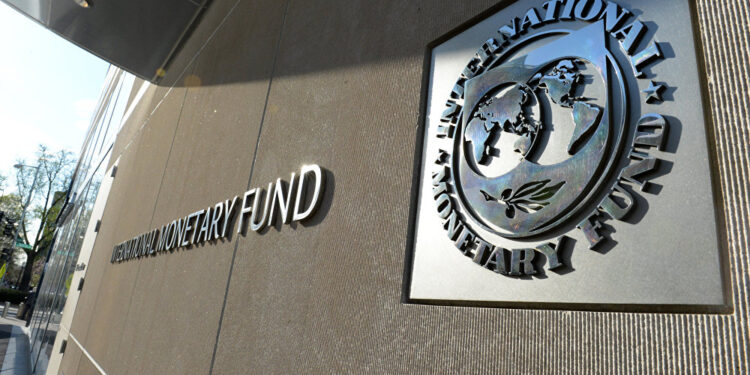By Ebi Kesiena
The International Monetary Fund (IMF) has cautioned governments worldwide that opaque borrowing practices are eroding investor confidence, pushing up financing costs, and heightening the risk of debt crises.
In a blog post, IMF Deputy General Counsel Yan Liu warned that global public debt is projected to climb to nearly 100 percent of gross domestic product (GDP) by the end of this decade, surpassing levels recorded during the COVID-19 pandemic.
Liu noted that rising debt servicing costs are squeezing budgets, particularly in emerging and developing economies, leaving little fiscal space for social spending or critical investments. She highlighted the growing use of complex financing arrangements, including securitised, collateralised, and guaranteed contracts tied to state-owned enterprises and public-private partnerships, many of which remain off the books until debt restructuring exposes them.
“When revealed, hidden debt can erode confidence in the government, in its data, and in its ability to provide an accurate representation of the country’s finances,” Liu wrote. “This may lead to higher borrowing costs and, if the size of the hidden debt is substantial, put debt sustainability at risk and potentially trigger a crisis.”
The IMF stressed that stronger legal frameworks are essential for restoring investor confidence. A recent review of debt-related laws in 85 countries showed that fewer than half require governments to report debt management or fiscal operations by statute. In many cases, state-owned enterprise liabilities and sub-national borrowing are excluded from official debt tallies, allowing obligations to accumulate outside national accounts.
The Fund urged governments to clearly define what constitutes public debt, set borrowing authority in law, and mandate comprehensive disclosure of all obligations. It further called for stronger oversight, noting that state audit institutions should be empowered to scrutinise debt operations and publish their findings.
“Ultimately, laws are only as good as the systems and institutions that enforce them,” Liu said, warning that even countries with strong legislation often fail at implementation.
The IMF has intensified efforts to promote debt transparency in recent years. Its 2023 policy paper “Making Public Debt Public” flagged significant disclosure gaps in low-income and emerging markets. The Fund has since introduced stricter debt-limit policies requiring more detailed reporting, including data on debt holders, and has provided more than 200 technical assistance missions on debt management over the past two years.
According to Liu, transparency is not simply about collecting data but about building trust and accountability. “Debt disclosure should be treated as a public good, You can’t manage what you can’t see. To restore investor confidence and safeguard resilience, countries must put their house in order, starting with the right laws backed by strong institutions that enforce them,” she wrote.




































